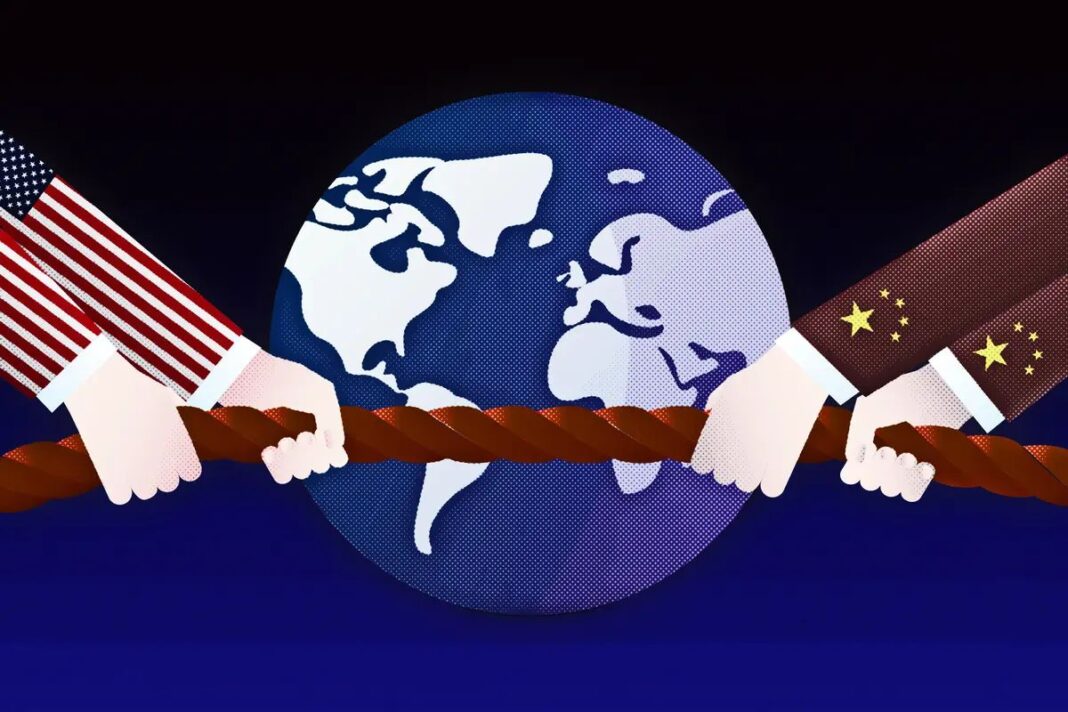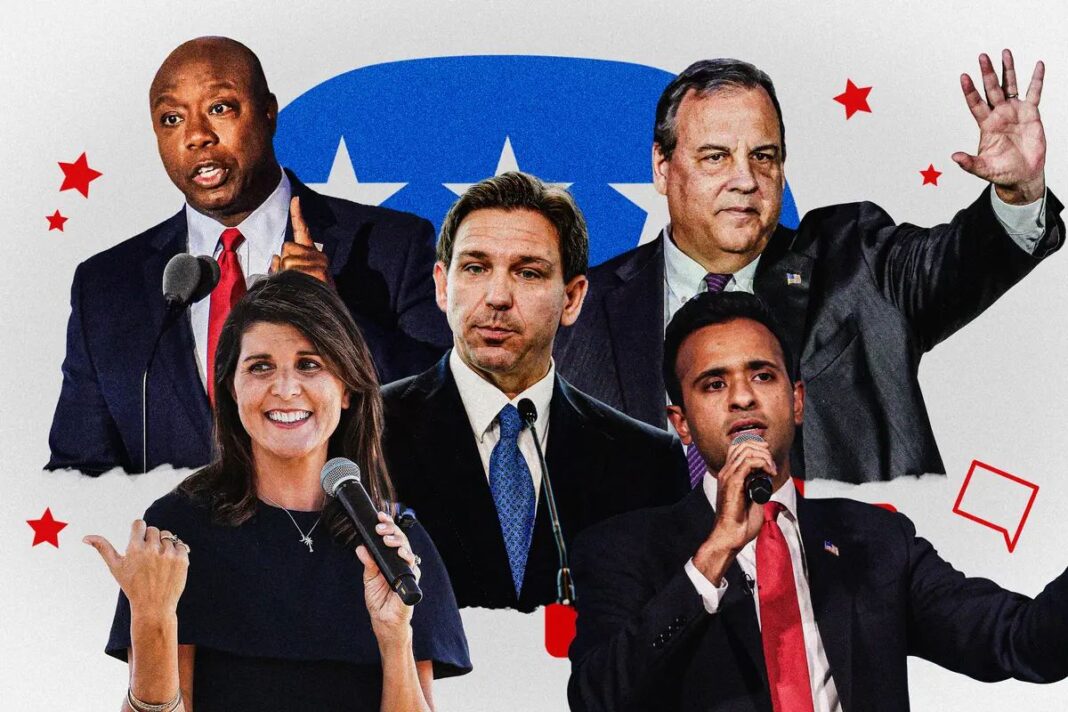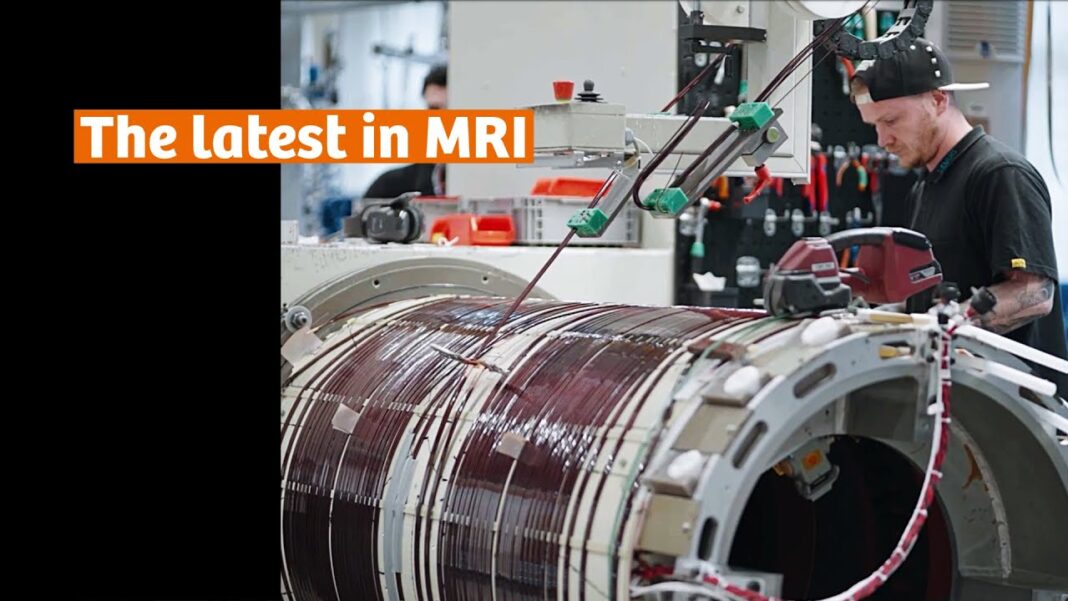US–China relations are at another inflection point and all eyes are on the Biden–Xi meeting in San Francisco next week.
When communist leader Xi Jinping met with President Joe Biden in November 2022, China considered itself the world’s role model in controlling the COVID-19 pandemic. It watched America struggle over inflation risks. President Biden’s party had just lost the House majority, albeit with a much smaller margin than expected.
A year later, the tables may have turned. Inflation has somewhat cooled in the United States, and China’s economy has faltered after Mr. Xi ended his zero-COVID policy in December 2022. President Biden’s party scored sweeping victories in the off-year state elections. On top of that, Washington tightened its export controls on semiconductors in October and announced restrictions on U.S. investment in China in high tech in August.
The American business community has become increasingly uneasy in the current geopolitical climate. The U.S. semiconductor industry is concerned about the potential revenue impact, as China, the single largest chip market, makes up 36 percent of U.S. semiconductor sales, according to the Semiconductor Industry Association (SIA). The business influence counterbalances the call for Washington to take a tougher position on Beijing.
All forces are converging toward the November Biden–Xi meeting in San Francisco. Their outcome will determine the yard’s scope and the fence’s height in the administration’s current “small yard and high fence” approach—a phrase used by national security adviser Jake Sullivan to describe Washington’s plan to block critical technology from aiding Beijing’s military.
James Lewis, a senior vice president and director of the strategic technologies program at the Center for Strategic and International Studies (CSIS), said the U.S. answer to whether China has peaked will drive the next step in its policy.
“If you think it’s peaked, then we’ve done enough. If you don’t think it’s peaked, we haven’t done enough,” Mr. Lewis told The Epoch Times. “So there’s a difference about where China will go and what China’s doing.”
The Biden administration has reached an “impasse” on the next steps, he said. During President Biden’s first two years, Washington acted on consensus items such as export controls and restrictions on U.S. investment in China in selected high-tech areas.
By Terri Wu







